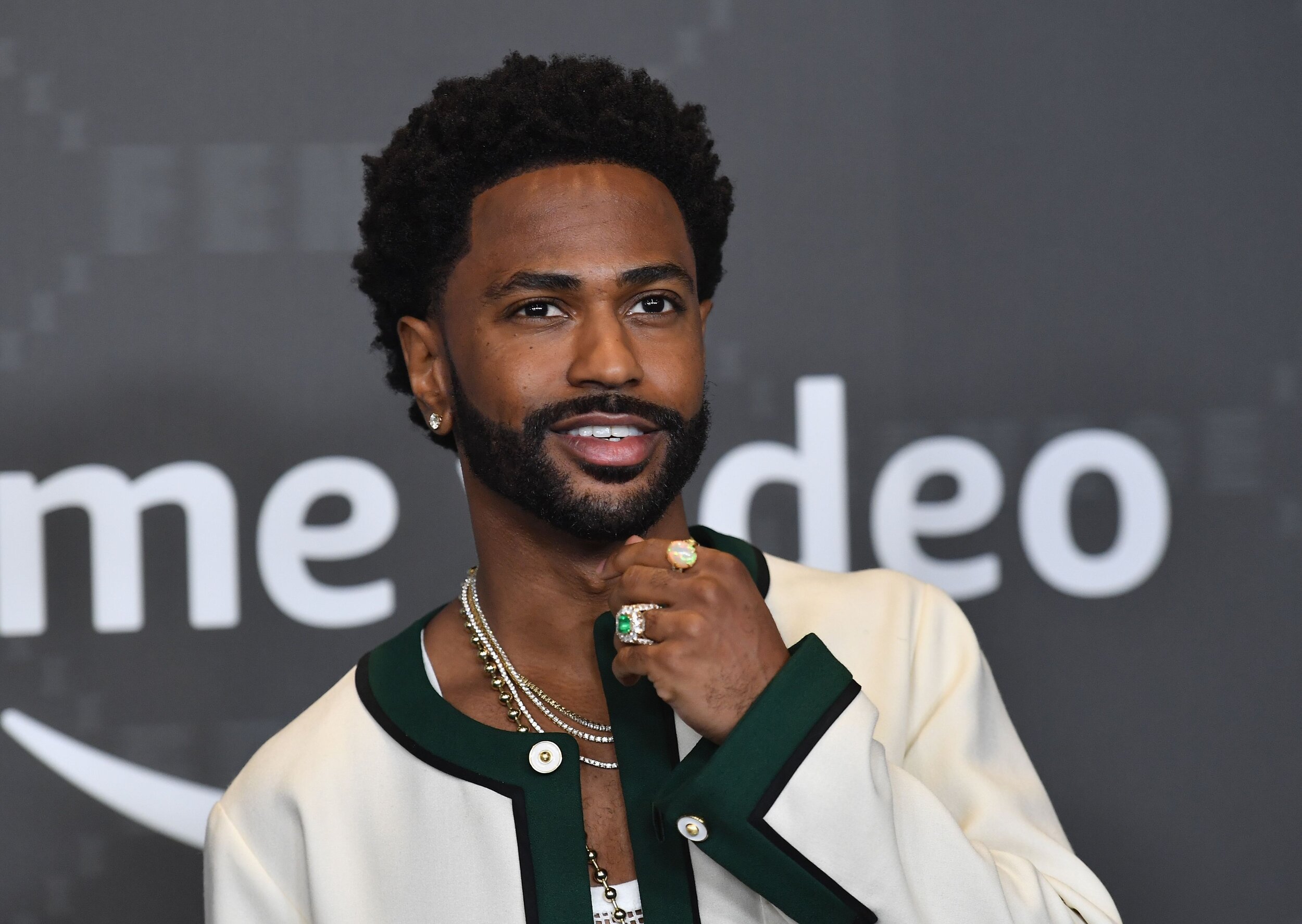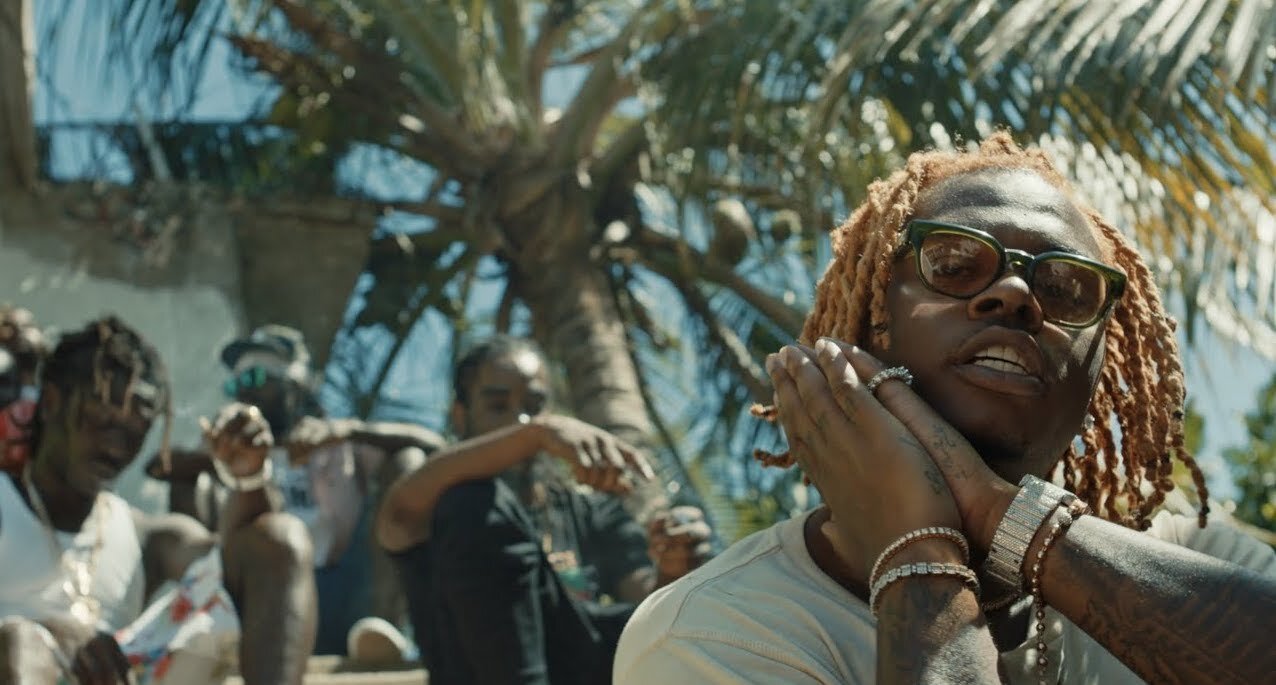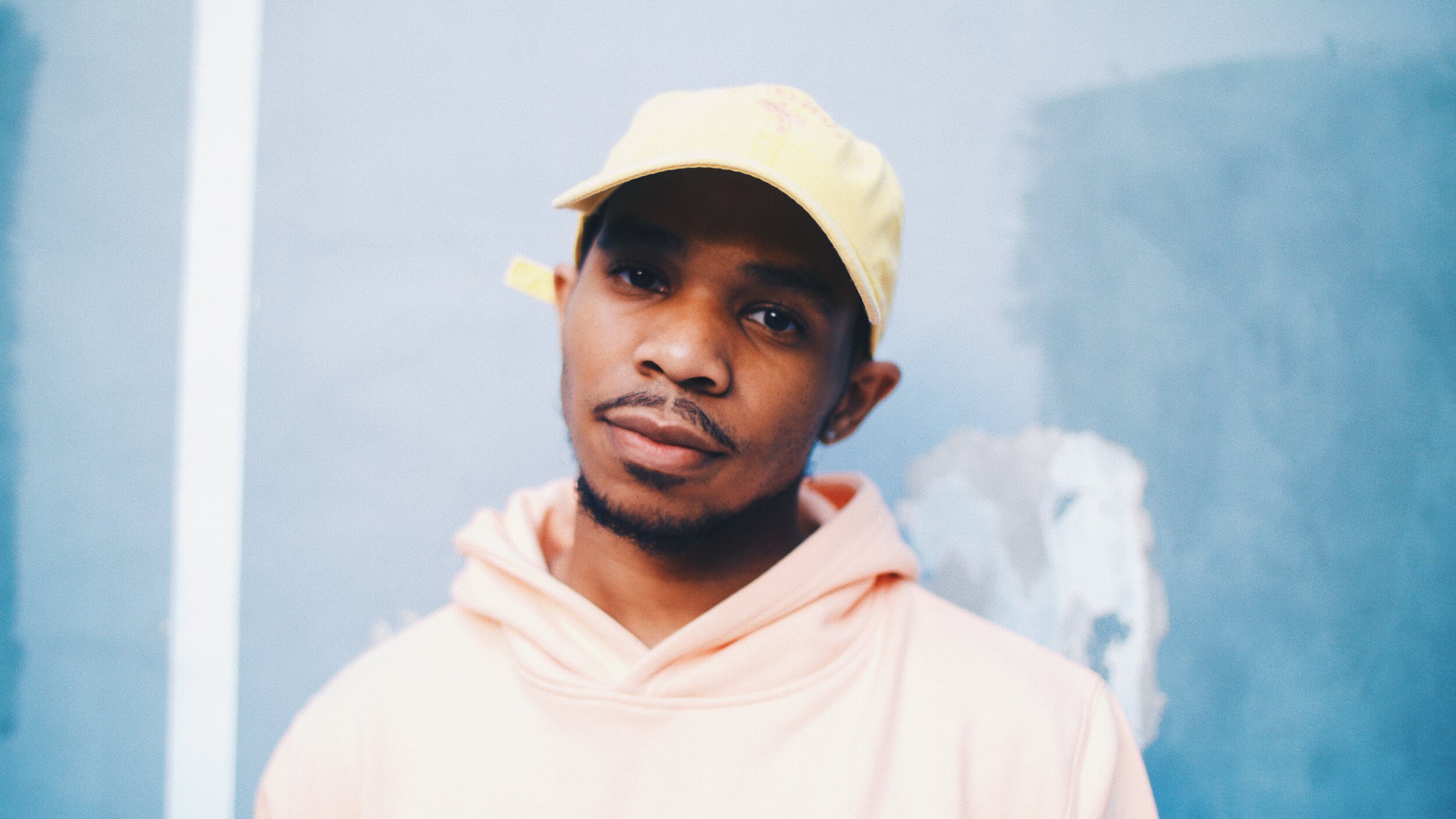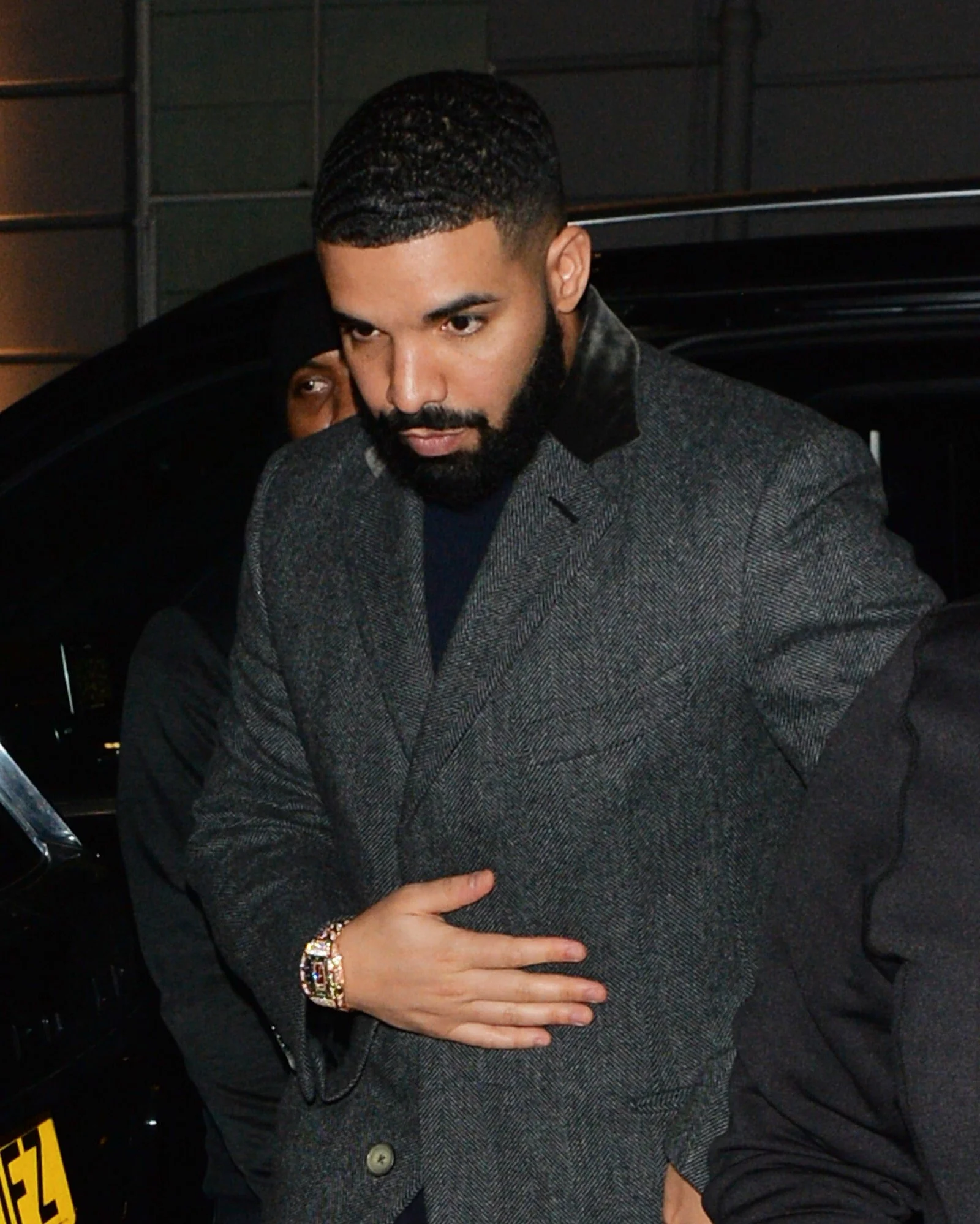Music as Utility: Donda Album Review
By Luke Modugno
Kevin Mazur/Getty Images
While most view music as a form of artistic expression, others use it as a means to an end. Kanye West’s latest studio album “Donda” is perhaps the most potent example of music as utility. Ye finds himself again at a low-point in his life with 27 beautifully cathartic, solace-seeking songs which see the 44-year-old confronting the death of his mother and a failed marriage with Kim Kardashian.
Since the death of his mother in 2007, Kanye has hardly had time to cope with her passing. Around the same time, Ye and his fiance Alexis Phifer split dramatically. About a year later, Kanye was thrusted into what was one of the most infamous periods in his career after interrupting Taylor Swift’s acceptance speech at the VMA’s. For the next several years, Ye fought an uphill battle to stay in the good graces of the public. Later entering into the fashion industry, meticulously building a multi-billion dollar business and returning to religion, Kanye’s life has been running at nothing short of lighting speed since his ascent to stardom.
Perhaps the fact that the pandemic forced everyone (yes, even Kanye West) to slow their lives to a staggering halt is why 2021 is the year we receive a cathartic tribute to Donda West, nearly 14 years after her passing.
Coming off what was widely considered Kanye’s weakest project, JESUS IS KING, Ye takes many of the gospel-inspired elements and fuses them with avant-garde trap-soul sound he honed in projects like “The Life of Pablo” and “Yeezus.” However, the project has influence from nearly every other album in Ye’s discography.
“New Again” sounds as celebratory and futuristic as something scraped off of 2007’s “Graduation.”
The guest appearance of Kid Cudi on the alluringly spacial “Moon” sounds like the sonic brother of “KIDS SEE GHOSTS.”
The visceral soundscapes employed on “God Breathed” are akin to many that can be found on both “The Life of Pablo” and “Yeezus.”
The track “Junya” with Playboi Carti represents a creative and somewhat stunning trap gospel fusion, a sonic direction that seems to guide much of “Donda.”
Duality has been a continual motif in Kanye’s music and “Donda” is no exception to the rule. During the first half of the project, Ye seems to be basking in sin. “I’ll be honest, we all liars/guess who’s going to jail tonight?” Ye sings on the second track featuring Jay-Z titled “Jail.” Donda's first twelve songs are reactionary, they paint a picture of a broken man who gave way to sin in the face of grief and despair. “I was out for self, I was up for sale but I couldn’t tell/Made the best tracks and still went off the rail” harmonizes Ye on “Hurricane.”
Sonically, the first twelve tracks on “Donda” are uptempo, energetic and boast some of the most notable guest appearances on the record. “Off the Grid” and “Junya” see Ye recruit Playboi Carti’s infectious trap intensity, while Baby Keem and Travis Scott deliver aggressive features on the trunk-rattling “Praise God.”
“Donda” noticeably pivots starting with track 11 titled “24.” The ever-impressive Sunday Service Choir joins Kanye as he mourns the passing of a close friend, Kobe Byrant. Kanye opened up about the shock of his sudden passing in an interview with GQ Magazine, “He was the basketball version of me, and I was the rap version of him,” West said. “We came up at the same time, together. Kobe was one of my best friends.” The grandiose organ requires a high-level signing performance which Kanye delivers. The track represents a paradigm shift of how Ye approaches the rest of “Donda.”
Instead of numbing his pain through sinful deeds, Kanye surrenders to Christ in order to heal himself following the string of traumatic events that have left an indelible scar on his soul. The shift in perspective also comes with a shift in the musicality, as gospel influence seeps into tracks like “Lord I Need You,” “Keep My Spirit Alive,” and the angelic closer “No Child Left Behind.”
Although the tracklist is littered with what will become timeless Kanye West songs, the definitive penultimate track “Come to Life” encapsulates the “Donda” era both sonically and philosophically.
With a spine-tingling piano and roaring synth played by Tyler, The Creator gracing the background of the record, Kanye expresses his regret and sorrow in the face of losing his ex-wife Kim Kardashian, asking “Ever wish you had another life? I’ve been feelin’ low for so long.” Singing about how he wished he had listened closer to her dreams, aspirations, wants, and needs, Kanye feels empty in her absence. “I'm free,” Ye sings repetitively in the closing seconds of the song. It's an expression we’ve heard from him before (“Ghost Town”). However, this time feels decidedly different. Kanye has overcome the death of his mother, best friend, and the loss of his family. Somehow, someway, he has continually found peace in religion despite how low life tends to bring him. He’s willing to put his ego and pride aside for his family, a realization clearly years in the making. “Come to Life'' is vulnerable, despondent, telling, gorgeous.
While mostly polished, Donda is not free of criticism. Ye’s latest project is by far his longest, clocking in at one hour and 48 minutes. At times, the album is bloated, insisting upon itself on multiple occasions. The outro of “God Breathed,” is dragged on far too long, while the remix versions of four of the tracks don’t offer much, simply extending Donda’s runtime. Additionally, the mix on plenty of songs sounds incomplete, including “Tell the Vision,” “Pure Souls,” and Kanye’s verse on “Hurricane.”
Donda is the acceptance of duality for Kanye. The conflicted Gemini, Kanye is willing to move past his former life, leaving behind the pain, hurt, and struggle of it in order to preserve the peace he has found through his family. “New me over the old me,” sings Ye on “24.” Somewhat unsurprisingly, Kanye West has produced brilliance yet again.
Favorite Songs:
Junya pt. 2 (feat. Playboi Carti & Ty Dolla $ign)
Lord I Need You
Come to Life
Rating: 8.5
Thanks for reading! Make sure to follow us on Instagram to stay up on the hottest new music:












































